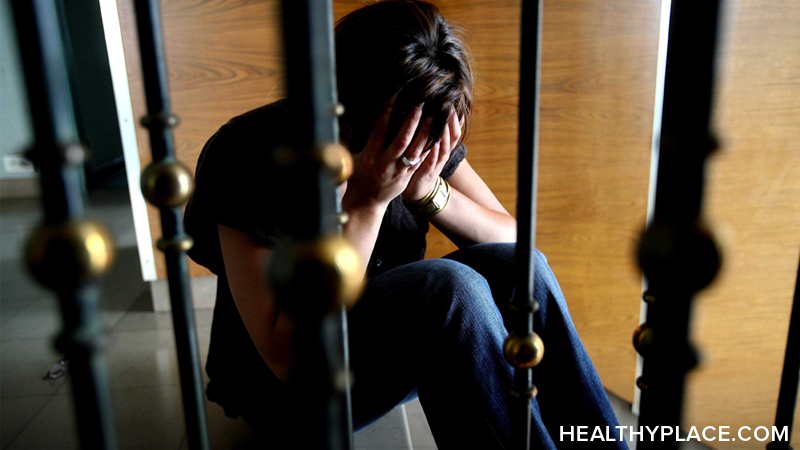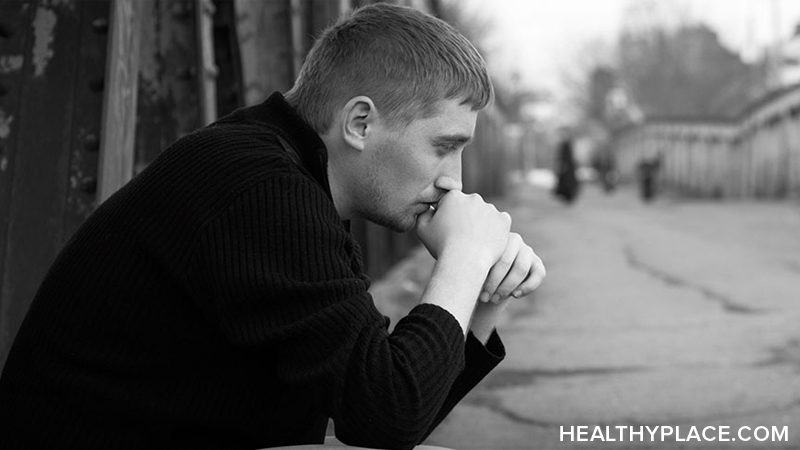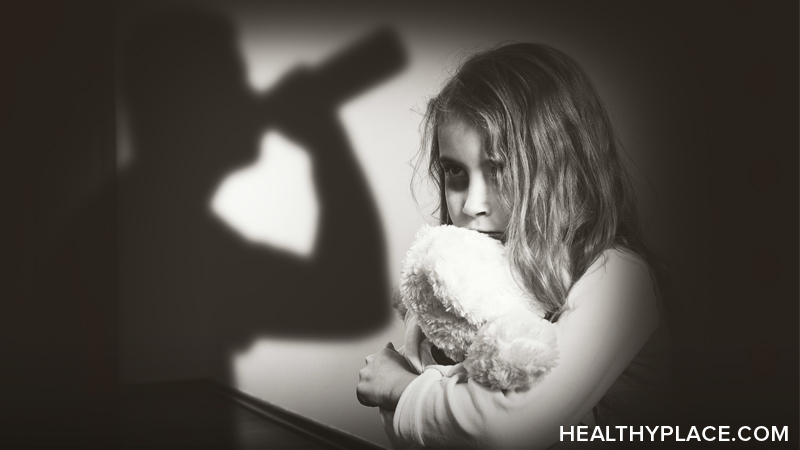Emotional Abuse Treatment and Therapy

Emotional abuse treatment and therapy are available to help either one or both parties in the abusive situation. Emotional abuse treatment might be sought after experiencing emotional abuse in a personal relationship or even at work. In abusive situations, abusive behavioral and thought patterns tend to become deep-rooted over time and emotional abuse therapy can address this and work to create healthy, functional relationships in the future.
Emotional Abuse Treatment for the Abuser
Sometimes, the victim is able to coerce the abuser into emotional abuse treatment either in a couple or individual therapy setting. This is rarely helpful and can actually harm the relationship. In couple's therapy, the abuser has the chance to misrepresent themselves, paint themselves as a victim and charm the therapist into believing there is nothing wrong with them and indicating that the victim has all the problems. Most abusers are skilled manipulators and quite capable of getting a therapist, particularly one not specializing in emotional abuse, on their side.1
Individual therapy for emotional abuse is even worse because then the therapist doesn't even have the victim's take on the interaction at all. The therapist is likely to acknowledge the feelings of the abuser which the abuser will take as a tacit endorsement of their emotionally abusive behavior.
Even if the individual therapy is successful in dealing with the deep-seated emotional problems of the abuser, this can simply make the abuser angry and give him or her another reason to emotionally abuse the victim: "It's so hard being me and now I have to deal with all your crap."
Only if the emotional abuser acknowledges that they have a problem with emotional abuse and are prepared to openly deal with it can emotional abuse therapy even have a chance to be successful. Most emotional abusers are not prepared to admit their behavior to a therapist, however.
Emotional Abuse Treatment for the Victim
Emotional abuse treatment for the victim has a better chance of being successful but only if the victim is prepared to be as open and honest as possible about the abuse. Many emotional abuse victims hide the abuse or the extent of the abuse, even from therapists, due to their own shame and guilt. An emotional abuse therapist though can only help when they truly understand the problem.
When seeking emotional abuse therapy, it's important to remember:
- The abuse is not your fault, you did nothing wrong
- Feeling guilt and shame over the abuse is normal but it isn't warranted
- The desire to hide the details of the abuse is normal but will be counterproductive in treatment
- Even if you don't leave the abuser, it's okay to get help
Emotional abuse therapy aims to rebuild the self-esteem and confidence of the victim. It also works to identify healthy relationship principles such as relationship roles, rights, and responsibilities. Therapy for emotional abuse also helps in developing emotional intelligence, learning to set boundaries and modifying behavior.
Types of therapy common in treating emotional abuse include:2
- Individual therapy
- Group therapy
- Journaling
- Psychotherapy (talk therapy)
- Cognitive behavioral therapy
- Somatic therapy
APA Reference
Tracy, N.
(2021, December 17). Emotional Abuse Treatment and Therapy, HealthyPlace. Retrieved
on 2025, May 22 from https://www.healthyplace.com/abuse/emotional-psychological-abuse/emotional-abuse-treatment-and-therapy








